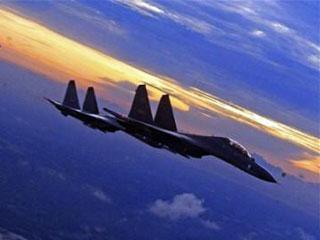
STOCKHOLM (AFP): China's dependence on Russia for arms and energy imports has declined and Moscow's position when dealing with Beijing has weakened as a result, a Swedish think tank said.
"Decreasing dependence on Russian arms exports and a growing number of alternative energy suppliers mean that China has taken the upper hand in the relationship," the Stockholm International Peace Research Institute (SIPRI) said in a report released today.
A key to the changing dynamic, the report said, is that China "is today mainly interested in acquiring technology to develop its own arms industry," and so its need for Russian-made weaponry has diminished.
Moscow has proved unwilling to sell its most sophisticated systems to Beijing, because it fears China will copy the technology and then export its own product.
"The nature of the arms transfer relationship will increasingly be characterised by competition rather than cooperation," said Paul Holtom, who heads SIPRI's arms transfer programme.
China's position has been further strengthened because its need for Russian crude oil has declined over the past five years, according to SIPRI.
"China's largest oil supplier is Saudi Arabia, followed by Angola, Iran and Oman," SIPRI said.
"In the gas sector, Russia's negotiating position has been seriously weakened by China's success in finding other partners, especially in Central Asia."
Although the former Cold War allies are often viewed as partners in international diplomacy, notably when opposing Western-led drives to sanction autocratic regimes, China and Russia share limited mutual trust.
Russia and China have threatened to veto any United Nations Security Council resolution against the Syrian regime -- a move favoured by many Western nations -- over Damascus's crackdown on pro-democracy activists.
Despite often taking similar diplomatic positions, there are policy makers in both capitals, "who view the other side as the ultimate strategic threat in the long-term," according to SIPRI.
"The China-Russia partnership is plagued with problems," report co-author Linda Jakobson said.
"When interests converge, Beijing and Moscow collaborate, but when interests diverge the strategic partnership has little meaning. Genuine political trust is lacking," she added.
SIPRI, established in 1966, in an independent policy research centre that is 50 per cent funded by the Swedish state.
 Previous Article
Previous Article Next Article
Next Article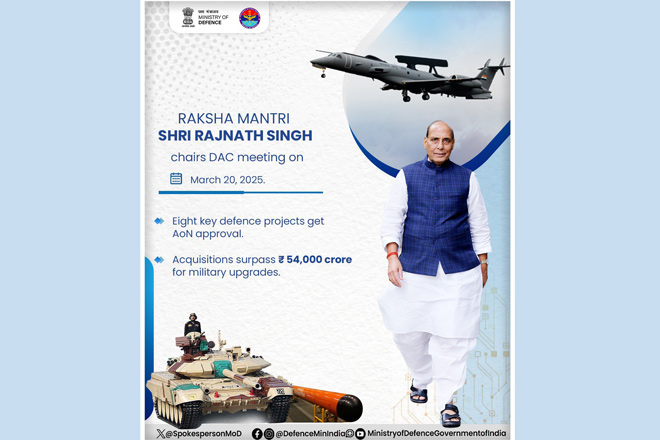
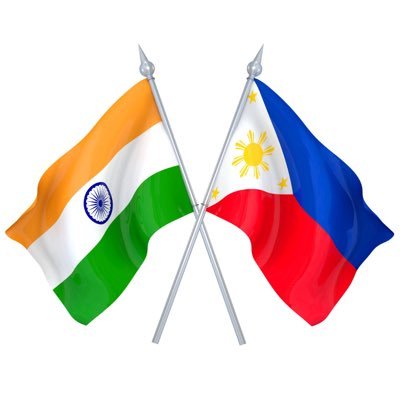
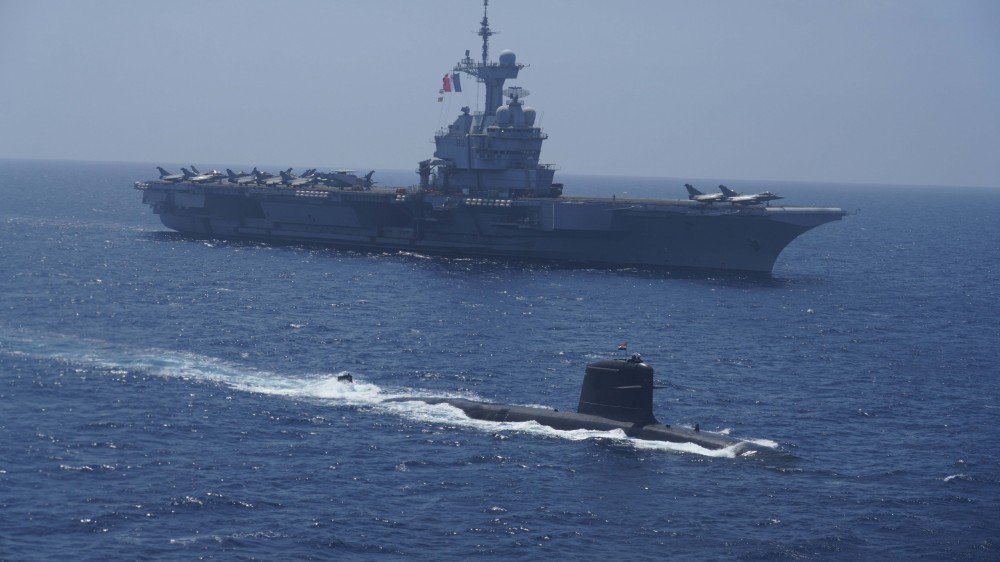
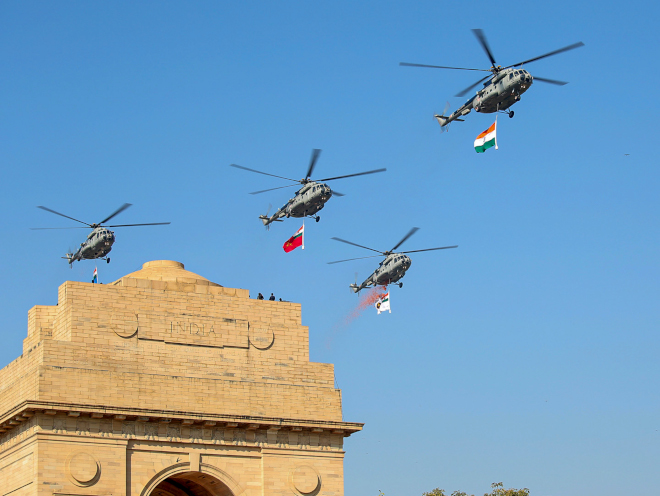



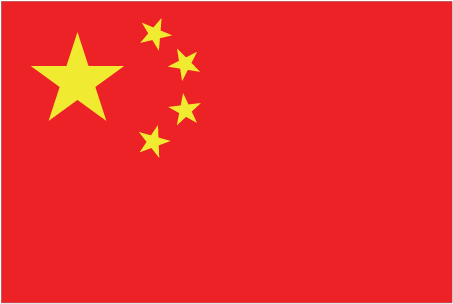





The Indian Air Force, in its flight trials evaluation report submitted before the Defence Ministry l..
view articleAn insight into the Medium Multi-Role Combat Aircraft competition...
view articleSky enthusiasts can now spot the International Space Station (ISS) commanded by Indian-American astr..
view article